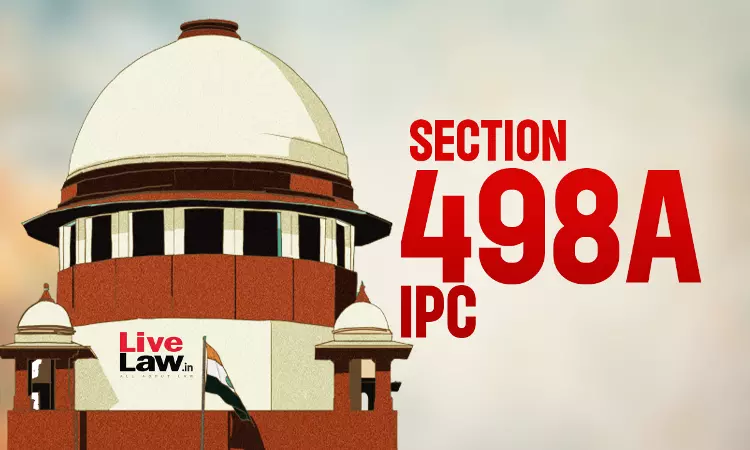S.498A IPC| Supreme Court Sets Aside Bail Condition That Husband Should Fulfill All Physical & Financial Requirements Of Wife
Gyanvi Khanna
2 Aug 2024 6:53 PM IST

Improbable and impracticable conditions cannot be imposed for grant of bail, the Court stated.
Next Story


